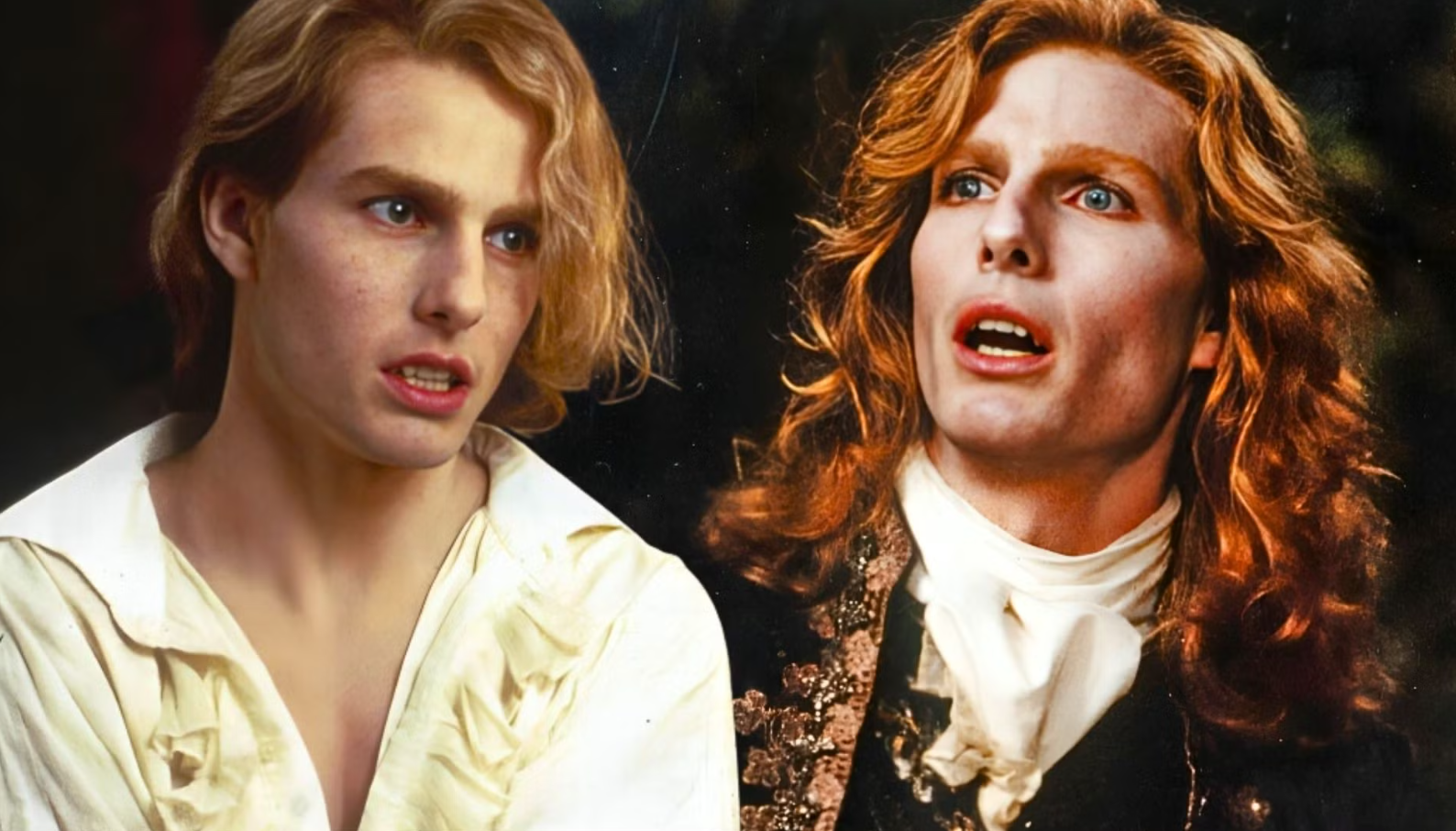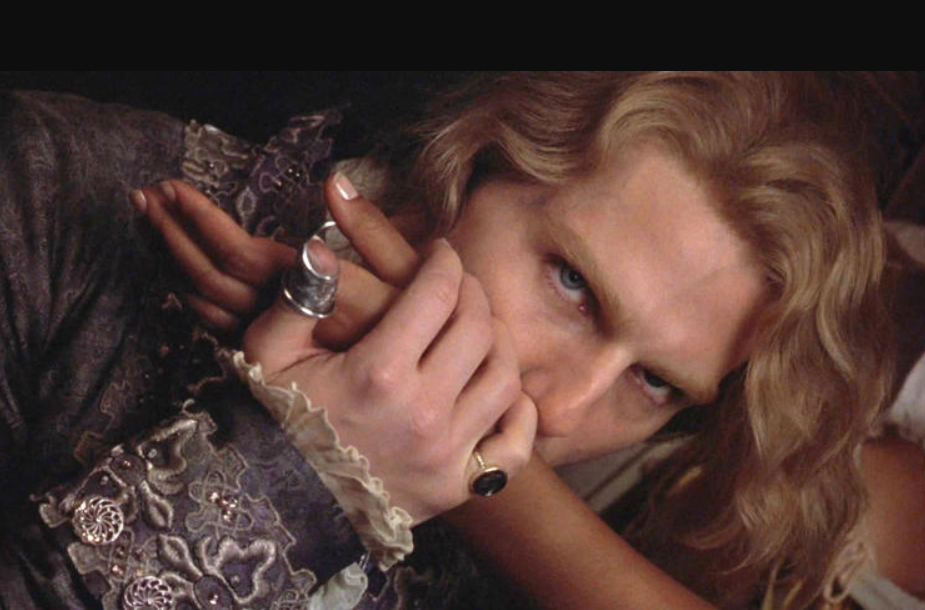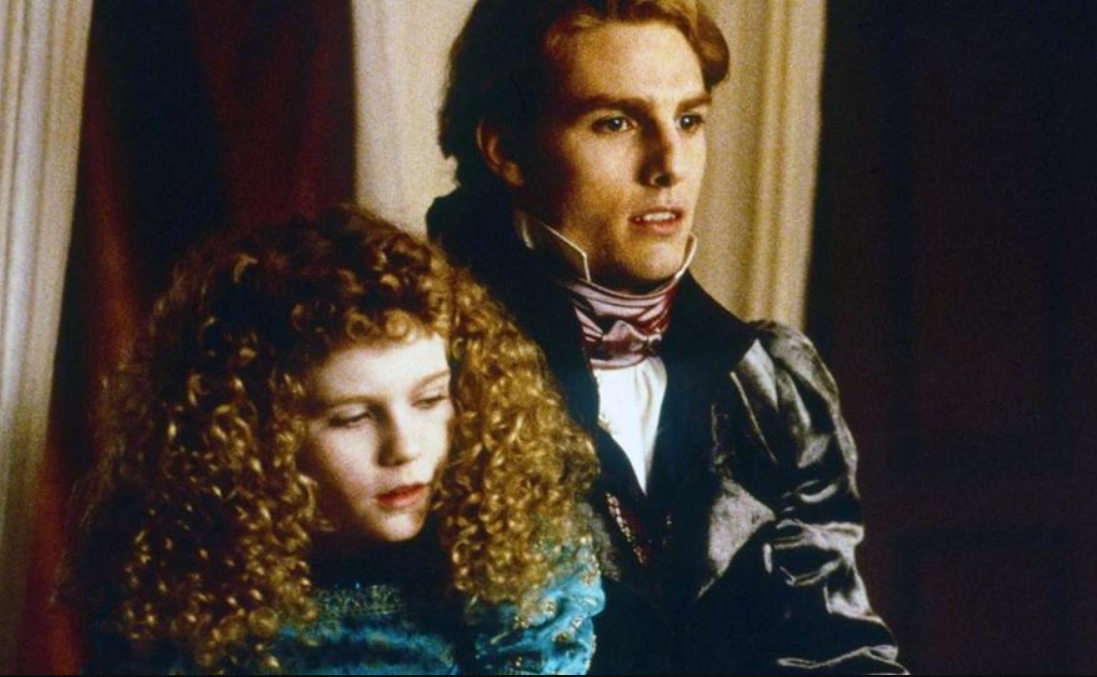When the film Interview with the Vampire (1994) was still in the pre-production stage, choosing who would play the charming but dark vampire Lestat de Lioncourt was a decision that gave the entire crew a headache.
The producers quickly targeted the name Tom Cruise—a famous actor with a handsome appearance, attractive style, and the ability to transform with each role. But not everyone agreed with this decision. The person who objected most strongly was the “mother” of the character: author Anne Rice.

Anne Rice, who wrote the famous novel of the same name, initially did not believe in Tom Cruise. She thought he was too “handsome” and too “Hollywood” to play a noble vampire with depth and tragedy like Lestat. Rice had a very clear vision of her character, and Cruise did not fit that image at all. She even proactively suggested other names that she thought were more suitable. However, the producers stood firm: Tom Cruise was the ideal choice for a big-budget film that needed an A-list star to ensure box office success.

Put in a position of having to accept, Rice waited to see how Cruise would perform. And the unexpected happened—when the film was released, all her initial skepticism was instantly dispelled. Tom Cruise not only captivated audiences with his charming, brutal, yet profound Lestat, but also won over Anne Rice—who had publicly opposed him. Overwhelmed and moved by Cruise’s performance, Rice not only personally apologized to the actor, but also made a big splash: she paid for full-page ads in two prestigious newspapers, the New York Times and Vanity Fair, publicly praising his performance and the excellent quality of the film.

It was more than an apology, it was a respectful recognition. In the ad, Rice wrote that Tom Cruise “completely transformed into Lestat,” and called the film “a masterpiece that exceeded all expectations.” For a perfectionist like Rice, that was not only a compliment, but also a testament to Cruise’s ability to overcome all prejudices to create a memorable role in his career.
And perhaps, when you are Tom Cruise—a man who was once doubted and then hailed as a screen icon—it must be a very special feeling to receive a public apology from a famous author. It not only proves his talent, but also shows the power of daring to try and overcome prejudice.
